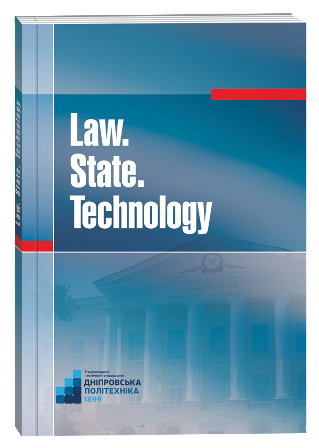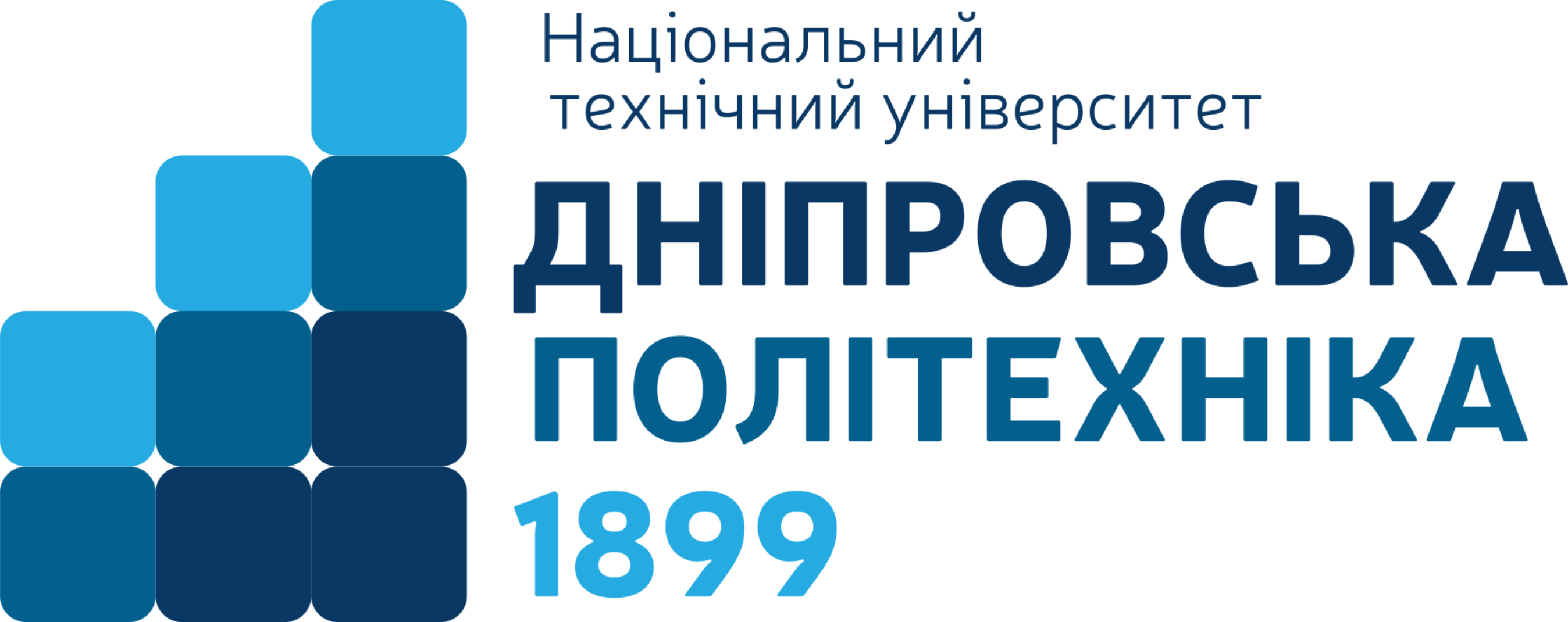THEORETICAL AND LEGAL ANALYSIS OF THE RISKS OF RECOGNIZING THE RIGHT TO MODERNIZATION OF THE HUMAN BODY
DOI:
https://doi.org/10.32782/LST/2021-4-2Keywords:
transhumanism, body modification, artificial intelligence, human rights, fourth-generation human rights, information society, digital society.Abstract
The purpose of the scientific article is a doctrinal analysis of the possibility of replenishing the list of human rights with the right to modernize the human body and the implementation of a theoretical and legal study of the risks of implementing such a right. The research methodology is based on the use of systematic, dialectical methods, extrapolation method, cybernetic and synergetic methods, formal legal method, as well as the method of legal modeling. The article describes the possible place of the right to modernization of the human body in international law (as an element of the convention for the protection of human rights and dignity on the application of biology and medicine of 1997), taking into account the risks that need to be taken into account in the further legalization of such a right (if the international community recognizes the expediency of its legal consolidation). The transhumanist manifesto as one of the primary sources of the actual consolidation of modern law is studied. The ways of influence of the right to body modification on the right to human freedom are analyzed. Basic rules that should be followed when it comes to achieving absolute freedom in the context of implementing the right to modernize the human body in order to avoid/reduce the level of danger posed by technological progress associated with artificial intelligence to human rights have been formed. These are primarily the following rules: 1) the right to freedom is unconditional, but it also has limits when it comes to the freedom of others; 2) the amount of freedom is equal to the amount of responsibility; 3) the right to freedom in the aspect of the right to modernization of the body can be realized provided that the person is familiar with the possible risks of experiments, voluntarily agrees to them, is aware of the consequences for himself and others; 4) a clear division of responsibility of those who carry out the experiment, and those who agree to this experiment, which is possible by clearly regulating the rules of behavior in the process of merging human and AI, maximizing the absence of a double interpretation of these norms. The risks of implementing the right to modernization of the body (possible exit of artificial intelligence from human control, interference in medical and technological experiments of third parties) and ways to avoid them are highlighted: 1) provide for the ability to turn off AI; 2) ensure the creation of backup protection systems; 3) create mechanisms for legal and technical protection against interference of unauthorized persons in the experiment of modernization of the human body.
References
Вовк В.М. Соматичні права як кластер юридичних гарантій «самовласності» в контексті трансгуманізму. Філософські та методологічні проблеми права. 2020. № 2 (20). С. 68–72.
Миронець О.М. Право людини на техномодифікацію власного тіла в епоху трансгуманізму. Сучасне право в епоху соціальних змін : матер. ХІ Міжнар. наук.-практ. конф. (26 лютого 2021 р.) Київ. Т. 1. С. 185–187.
Стратегія розвитку штучного інтелекту в Польщі. Вебсайт Юридична Газета Online. URL: https:// cutt.ly/tWQRsq0 (дата звернення: 25.08.2021).
Некіт К.Г. Щодо можливості самостійної майнової відповідальності роботів (штучного інтелекту). Модернізація цивільно-правової відповідальності : матер. Міжнар. наук.-практ. конф. (18 жовтня 2019 р.). Київ, 2019. С. 189–193.
Радутний О.Е. Мораль і право для штучного інтелекту та цифрової людини: закони робототехніки та «проблема вагонетки». Інформація і право. 2019. № 3 (30). С. 78–95.
Турянський Ю.І. Соматичні права як новітня юридична категорія. Право і суспільство. 2020. Вип. 1. С. 110–115.
Fuller S. Morphological Freedom and the Question of Responsibility and Representation in Transhumanism. Confero Essays on Education Philosophy and Politics. 2016. Vol. 4. № 2. P. 33–45.
Конвенція про захист прав і гідності людини щодо застосування біології та медицини від 4 квітня 1997 р. Офіційний вебпортал Верховної Ради України. URL: https://cutt.ly/CWQTV4e (дата звернення: 26.08.2021).
The Transhumanist Manifesto. Вебпортал Humanity+. URL: https://cutt.ly/CWQQCAK (дата звернення: 17.08.2021).
Конвенція про захист прав людини і основоположних свобод від 4 листопада 1950 р. Офіційний вебпортал Верховної Ради України. URL: https://cutt.ly/SWQYI8i (дата звернення: 27.08.2021).
Право на свободу та особисту недоторканність. Офіційний вебпортал Конституційного суду України. URL: https://cutt.ly/4WQY99y (дата звернення: 28.08.2021).
Капустіна Н., Попсуєнко Л. Трансгуманізм як проєкт покращення людини: філософсько-етичний вимір. Юридичний вісник. 2019. Вип. 2. С. 94–99.
Мелякова Ю.В. До питання про цінності: трансгуманізм чи негуманізм. Modern science: problems and innovations: the 2nd International scientific and practical conference (May 3–5, 2020). SSPG Publish, Stockholm, Sweden. 2020. С. 763–770.
Карчевський М.В. Перспективи правового регулювання в контексті гіпотези розвитку технологій трансгуманізму. Вісник ЛДУВС ім. Е.О. Дідоренка. 2019. Вип. 1 (85). С. 115–127.








